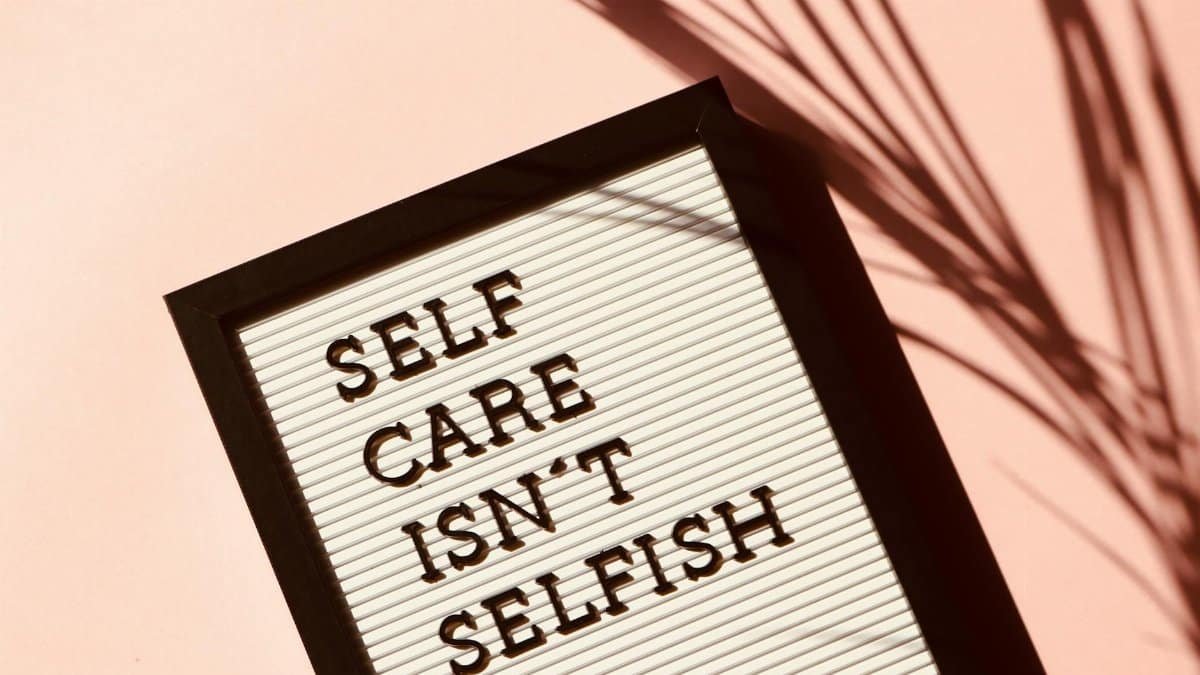In a world where stress and anxiety seem to rule the day, hypnotherapy is emerging as a surprising game-changer for many Americans seeking inner peace. New data from the American Psychological Association shows that over 30% of adults have turned to alternative therapies like hypnotherapy in the past year to combat mental health challenges. This isn’t just hype—it’s backed by growing evidence that hypnotic techniques can rewire thought patterns for lasting relief. As we head into 2025, more people are ditching traditional methods for this mind-based approach, promising freedom from old habits and fears.
What Exactly Is Hypnotherapy?

Hypnotherapy involves guiding someone into a deeply relaxed state, often called a trance, where the subconscious mind becomes more open to positive suggestions. It’s not about swinging watches or stage tricks; it’s a therapeutic tool used by licensed professionals to address issues like smoking cessation, weight loss, and phobias. Rooted in psychology, it taps into the brain’s natural ability to focus intensely. According to experts, this state mimics deep meditation but with targeted guidance to foster change.
Unlike common misconceptions, you’re always in control during a session. The hypnotist can’t make you do anything against your will. This method has gained traction in the U.S., with clinics popping up in major cities like New York and Los Angeles. It’s especially popular among those frustrated with conventional therapy’s slow pace.
The Science Behind the Trance

Research supports hypnotherapy’s effectiveness for certain conditions. Studies indicate it can alter brain activity, reducing activity in areas linked to pain and anxiety. For instance, a review by the National Institutes of Health highlights its role in managing chronic pain.NIH Study on Hypnotherapy for Pain shows participants experienced significant relief compared to control groups.
In terms of mental health, hypnotherapy influences the limbic system, helping regulate emotions. Neuroimaging scans reveal changes in brain waves during sessions, promoting alpha and theta states associated with relaxation. This isn’t pseudoscience; it’s grounded in neurology, making it a viable option for those seeking evidence-based alternatives.
Common Uses in Everyday Life

People turn to hypnotherapy for a variety of reasons, from quitting bad habits to boosting confidence. In the wellness scene, it’s big for stress reduction amid America’s high-pressure work culture. Therapists report success in treating insomnia, with clients falling asleep easier after sessions that implant calming suggestions.
It’s also gaining ground in sports psychology. Athletes use it to visualize success and overcome performance anxiety. Think of it as mental training wheels for real-life challenges. With remote sessions now available via apps, accessibility has skyrocketed, especially post-pandemic.
Potential Benefits for Mental Wellness

One major draw is its potential to unlock emotional freedom. Users often describe breaking free from limiting beliefs that hold them back. For example, someone with social anxiety might use hypnotherapy to reframe negative self-talk, leading to bolder interactions.
In 2025, experts predict a surge in its use for trauma recovery, as it complements therapies like CBT. A report from the Mayo Clinic notes its efficacy in reducing PTSD symptoms.Mayo Clinic Overview on Hypnosis emphasizes how it helps process buried memories without overwhelming the conscious mind.
Challenges and Criticisms

Not everyone is sold on hypnotherapy. Skeptics argue it’s placebo-driven, with results varying widely. Some sessions fail if the client isn’t receptive, leading to disappointment. There’s also the risk of unqualified practitioners, so checking credentials is crucial.
Critics point to limited large-scale studies, though ongoing research aims to fill gaps. In the U.S., regulations vary by state, which can confuse consumers. Despite this, proponents say the personal transformations speak louder than doubts.
How to Get Started Safely

If you’re intrigued, start by finding a certified hypnotherapist through organizations like the American Society of Clinical Hypnosis. Initial consultations often assess your goals and explain the process. Sessions typically last 45 to 60 minutes and may require multiple visits for best results.
Costs range from $75 to $200 per session, with some insurance covering it for specific issues like pain management. Online directories make it easy to vet professionals. Remember, it’s most effective when combined with a willingness to change.
Real Stories of Transformation

Take Mark Thompson, a 42-year-old accountant from Chicago, who battled chronic smoking for decades. After three hypnotherapy sessions, he quit cold turkey, crediting the subconscious reprogramming. “It felt like flipping a switch,” he said. Similar tales abound in wellness forums, where users share weight loss victories and anxiety reductions.
These anecdotes highlight hypnotherapy’s role in personal empowerment. While not a cure-all, they illustrate its potential for those seeking freedom from ingrained patterns.
Looking Ahead in Wellness Trends

As holistic health booms, hypnotherapy fits into the broader shift toward mind-body practices. In 2025, integration with tech like VR hypnosis could make it even more immersive. Wellness experts forecast it becoming mainstream, especially for preventive mental health.
With rising awareness, more Americans might embrace it as a path to genuine freedom, blending science and spirituality for balanced living.
